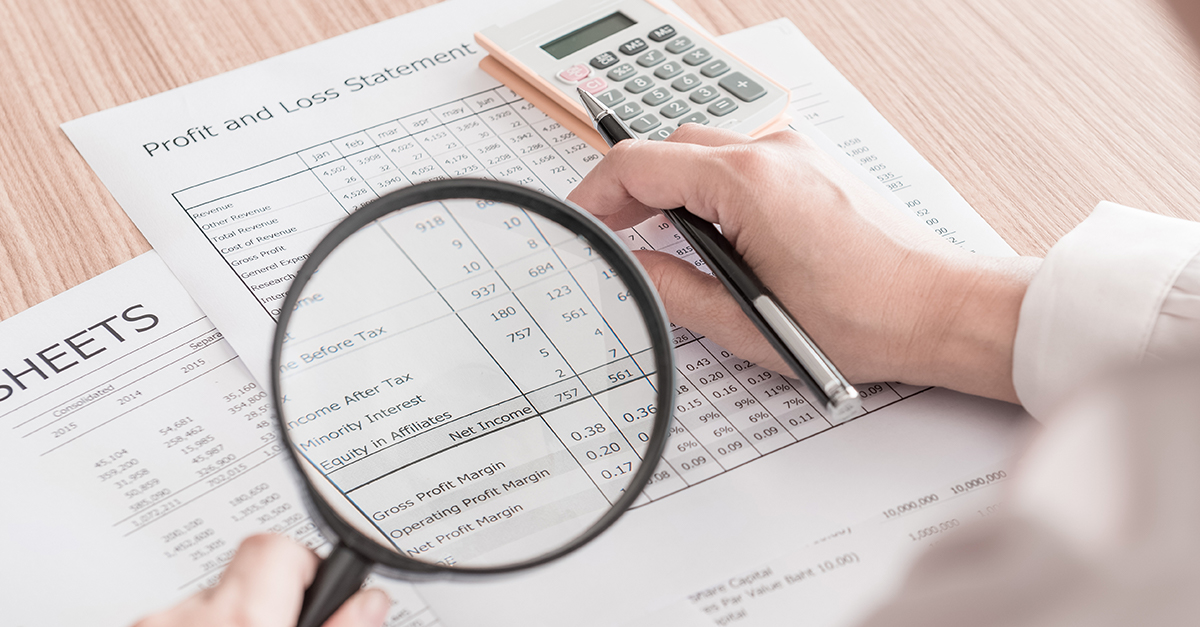Categories
Tax vs. non-tax costs: how to distinguish them?

Some of the costs of your business affect your income tax base and therefore the amount you subsequently pay to the state. However, other cost items will not affect the tax calculation. We have prepared a summary to help you understand the issues.
How to know which costs are tax deductible?
When preparing your income tax return, it is important to check which of the costs you have recorded are tax deductible - not all of them can actually be deducted from your taxes. This issue is regulated by Act No. 586/1992 Coll. on Income Taxes, as amended (hereinafter referred to as the "ITA").
The assessment of deductibility is not always easy in practice. Of course, there are items that are clearly considered tax deductible (e.g. cost exchange differences). However, for a number of expenses, accountants must carry out a detailed analysis in cooperation with a tax adviser in order to assess tax deductibility correctly. The starting point for the tax calculation is the economic result, i.e. the difference between income and expenses (for accounting entities) or between income and expenses.
The basic rule is set out in Section 24(1) of the ITA, according to which costs can be considered tax deductible if they are incurred for the purpose of "achieving, securing and maintaining taxable income" of the tax entity. Simply put - you can "tax" costs only if they are demonstrably related to your business.
Keep in mind that you must exclude costs associated with income that is exempt or not subject to tax from your tax base. Many items also have a specific tax regime, which is defined directly in the ITA.
The above general rule can be applied to the vast majority of costs (e.g. energy costs, goods sold, employee wages...). However, a number of items may be problematic by their nature. Examples are the costs of marketing and advertising, possibly various services, which have been the subject of a number of interpretative case law in the past.
In the event of an audit by the tax authorities, the taxpayer must be able to prove that these costs are actually related to future taxable income. At the same time, the taxpayer must prove that all the transactions took place (e.g. the advertisement appeared on TV, the service was provided).
As this is a complex issue, we have prepared a brief summary of the most common items.
Tax deductible costs
The most common tax deductible costs include:
- Property repairs.However, this does not apply to situations where there is a significant renovation or modernization of the property. Then it is a so-called technical appreciation, which enters the costs only gradually in the form of depreciation.
- Tax depreciation of tangible fixed assets (e.g. machinery). The specific method of depreciation (straight-line, accelerated, performance) is determined by the ITA. In the case of intangible assets (e.g. software), accounting depreciation is then recognised.
- Allowances for receivables if you meet the conditions for their creation, which are stated in a special law.
A separate area is the sale of shares and other securities, where the situation is more complex. For shares held for trading, the full purchase price is recognised (even if there is a loss). In other cases, everything is judged according to other criteria. For example, if the sale of shares is tax exempt, it is not tax deductible. It is also assessed whether the transaction itself was not a loss (in selected cases, costs are only deductible up to the amount of the gain and any loss is then not deductible).
Note: The tax deductibility of certain items is linked to their payment by the end of the tax year. This is typically property tax or contractual penalties.
Non-tax deductible expenses
Typical non-tax deductible costs are listed in Section 25 of the ITA:
- Costs of acquisition of tangible assets and technical improvements. These costs are not applied as a one-off cost, but in the form of gradual depreciation.
- Costs belonging to another tax period. This is, for example, a situation in which an invoice for materials purchased at the end of the year arrived late and no socalled imputation was made for this transaction.
- Costs incurred for the personal use of the taxpayer (for example, the cost of repairing a machine not in the company's name) and costs incurred on behalf of another taxpayer (for example, if you pay an invoice that did not belong to your company).
- Representation costs (payments for lunches, more valuable gifts, etc.).
- Donations. However, the ITA allows a subsequent deduction for donations to selected charities (fire brigades, medical and educational institutions, churches...).
- Interest on loans from related parties, unless they meet special conditions set out in the law (this is primarily a low capitalisation rule).
- Penalties and fines from state authorities or institutions (e.g. fines from the police, tax office, etc.).
- Most provisions (e.g. for materials, inventories or assets). The only exceptions are the previously mentioned allowances for receivables that meet the conditions of a special law.
- Making accounting provisions.
Finally, the ITA contains a large number of exceptions and special provisions. Disputable situations must therefore be dealt with individually and in relation to the current interpretation.
Are you looking for a reliable partner for tax return preparation? We will be happy to help you not only with taxes but also with complete bookkeeping. Just contact us using the form below.
Write to us and we’ll get back
to you within 24 hours.
